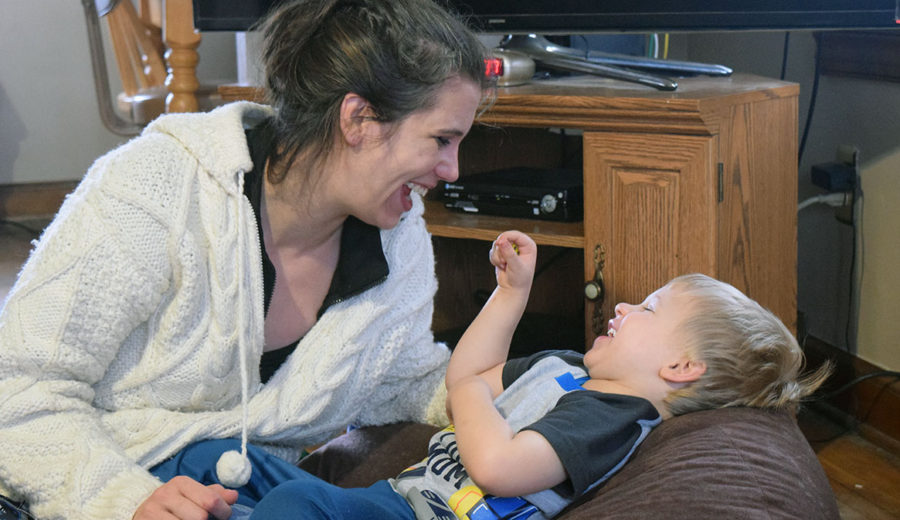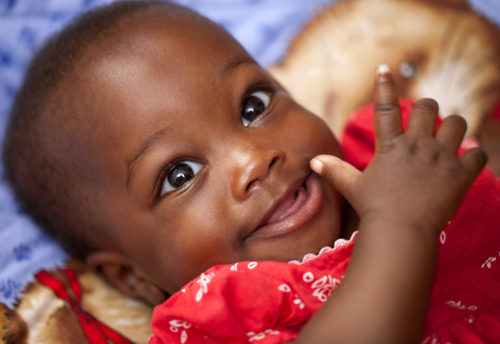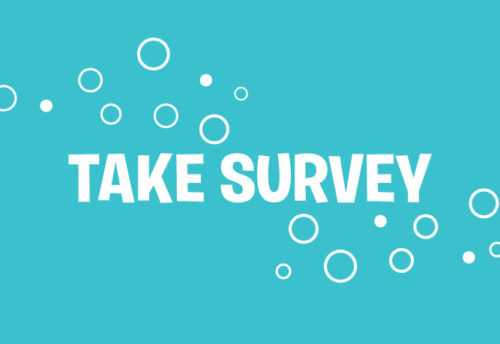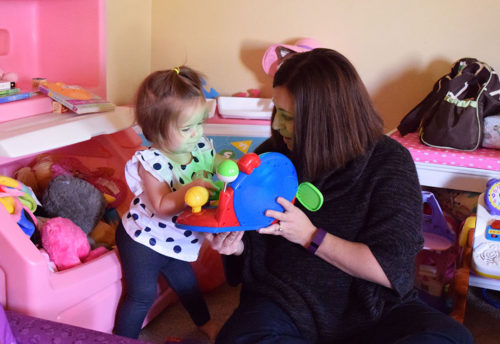
I Love You Just the Way You Are: How I Came to Terms with My Son’s ASD
It is emotionally hard for me to go back two years to when my son was initially diagnosed with autism spectrum disorder (ASD).
Even though I suspected he had autism at 18 months old, it was still a devastating shock to my system. The confusion, fear and self-doubt that I felt mark this as one of the darkest periods in my life.
For months, doctors and other professionals dismissed my concerns, assuring me that it was just a speech delay. This continued until the day my worst suspicions were confirmed. Autism.
The news of his diagnosis was more shocking than it should have been considering increased awareness, medical advancements and the speed of information, but it still caught me off guard.
For months, I had been demanding answers. Now, I finally had one – the one I feared.
I thought I knew what autism was, but when my son received an ASD diagnosis, I realized I had no answers. The cause is unknown. We don’t have a cure. Being a spectrum disorder, there are no two children alike, so no one can really tell you what your journey will look like. There is a saying in the ASD community — “if you’ve met one child with autism, you’ve met one child with autism,” because there are a vast array of abilities and challenges.
Instead of the official diagnosis shedding light on my son’s prognosis, I was left with more questions.
I asked the doctors, “Where is he on the spectrum?” In the middle. “What does that mean? What does this mean for our future?” No answer. “Will he ever be able to speak? Would I ever hear him say ‘I love you?'” Who’s to say?
The team of professionals recommended that I search some websites for further information and get started with ABA (applied behavioral analysis) therapy as soon as possible. Then a cloud of gloomy faces sent us on our way to absorb all of this. I felt completely clueless, scared, and in need of answers.
In a sea of so much information, it felt like there was a complete lack of information. But I had learned something important during this entire process – doctors don’t always know everything. In fact, I knew first. I knew. It was time to embrace the fact that I am the expert on my child. From then on, if my gut told me to go left instead of right, I listened.
At the meeting to establish my son’s ABA schedule, my heart told me it wasn’t the right ASD intervention for our family. I knew we couldn’t be complacent. We still needed help, but ABA just didn’t feel right. I wanted to participate more and be hands on. I know what’s best for him. I wanted to find a way to help him myself and for it to be fun. Ultimately, I found the PLAY Project. I learned that daily play, weekly speech therapy and a terrific (terrific is an understatement) early intervention program with his peers was the right combination for us. I have assembled an amazing team who believes in my son and our family. I am thankful I listened to my own instincts.
I decided that the most important thing to me is that my son is happy. He doesn’t have to fit anybody else’s expectations of who he should be. Regardless of the uncertain future, he was still the awesome kid I knew and loved.
With this in mind, I started transitioning from grief to acceptance. Two years ago, I wasn’t sure I would be as happy and optimistic as I am now. Two years ago, this amount of progress seemed impossible. Two years ago, I couldn’t have imagined we’d be thriving. But here we are, and I am so grateful.
To my fellow parents out there, let me encourage you – there is hope!
Today, when I picked him up from preschool I learned that one of the girls in his class said that she was thankful for her best friend – my son. My son has friends; he is social, happy and can tell me exactly what he wants and how he feels. His diagnosis has officially changed from moderate to mild autism. The future continues to look hopeful and exciting. And now, each and every time he says “I love you,” I remember there was a time I didn’t know if I would ever hear him speak those words.
During those dark days directly following the diagnosis, I had to make some big decisions. I remembered what Mr. Rogers told me when I was a little girl, “I love you just the way you are. There is nobody in the world just like you. You are special.”
Believe in yourself and believe in your child. Remember, they are full of potential, surprises and possibilities!
Meghan Griesemer is a parent advocate for The Childhood League Center who began in the PLAY Project two years ago.




2 Comments